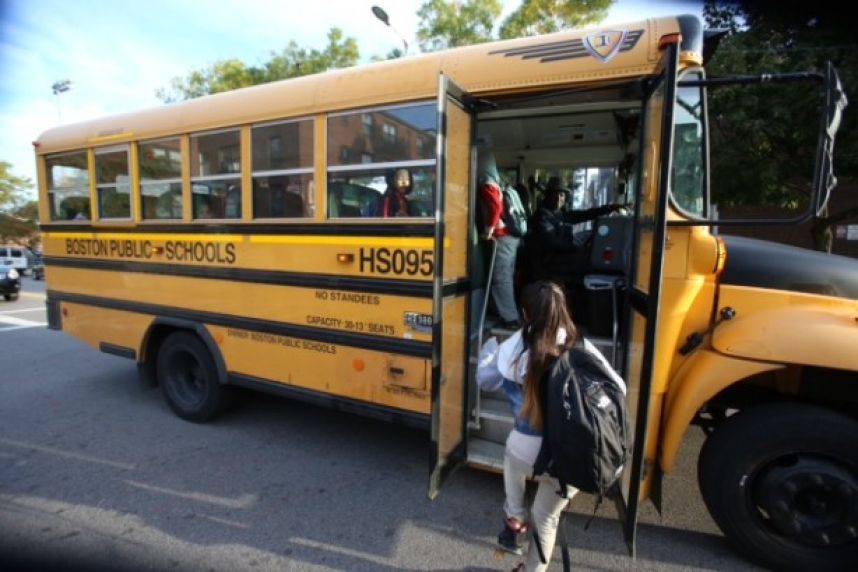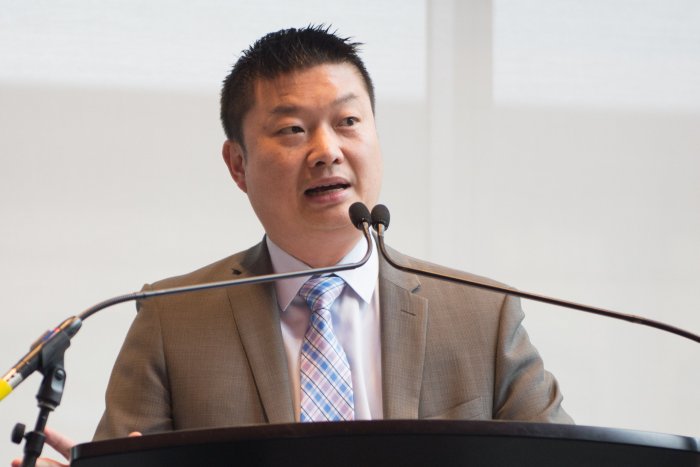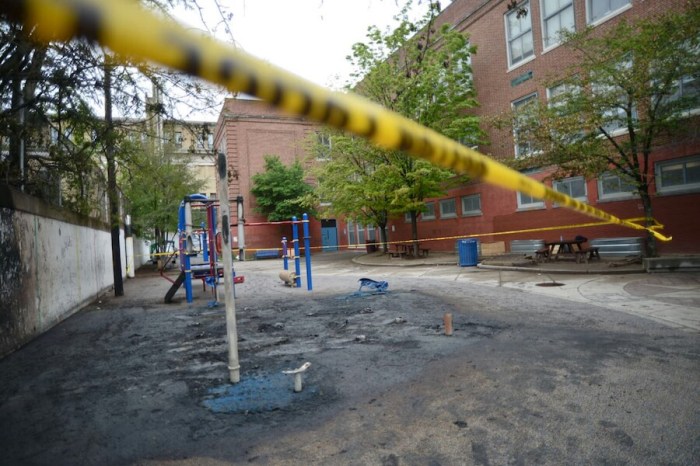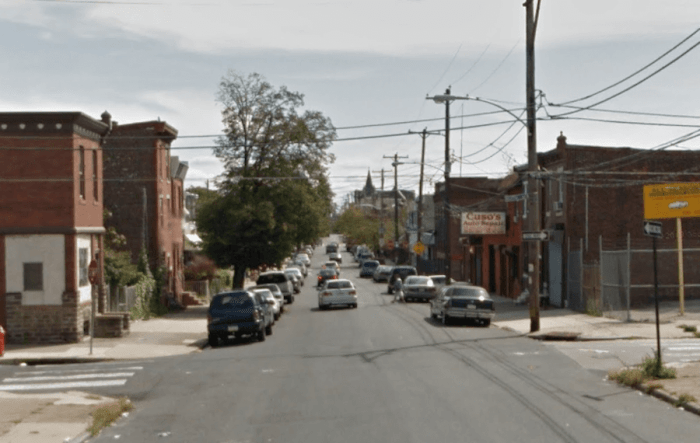More than 15,000 students in the Boston Public Schools system will spend an additional 40 minutes in school each day next September.
Increasing classroom hours is “a critical component in our effort to close opportunity and achievement gaps,” BPS Superintendent Tommy Chang said in a statement.
The $14 million plan is the third and final phase of a three-year project to extend the hours of 57 schools, affecting 23,000 students.
This phase will affect 39 elementary, K-8 and middle schools. Richard Stutman, president of the Boston Teachers Union, said that these schools were chosen because they were nonautonomous schools and that many other nontraditional schools — such as pilot, innovation, turnaround and Horace Mann charter schools — already have extended days. Students who attend schools with expandedlearning time outperform others in nonextended schools on all MCAS tests, according to a statewide study conducted for the Massachusetts Department of Elementary and Secondary Education in 2012. “It is clear that a longer school day can contribute to improving student gains,” Chang said. “However, those gains are not achieved simply by providing more instructional hours to students.” Chang explained that by adding that time to the school day, teachers get a chance to work with each other on instruction plans or other ideas.
“Our teachers have given us overwhelmingly positive feedback that this is important in creating a culture of quality teaching,” he said.
Stutman said that extending the school day “just for the sake” of it isn’t very beneficial, though.
“Just an extended school day in and of itself is not a guarantee of success, unless you do it thoughtfully,” he said.
Stutman said he thinks the extra classroom time is being used effectively. In most instances, the extra time is spread out among the classes throughout the day.
“We put into the agreement a very thoughtful process of trying to figure out what the best way is for that particular school,” he said. “Not all schools need to have extended time in reading, for example.” Still, because some schools focus so much on exam performances, Stutman said that he’s seen, even in nonexpanded learning time schools, extra effort going solely into a few subjects.
“The only thing having math three periods a day will do is guarantee the kids will hate math,” he said.
The Boston School Committee in January 2015 approved an agreement with BPS and the Boston Teachers Union for the three-year plan to extend the school day in about 60 schools. Mayor Marty Walsh signed the agreement. Walsh called it “a historic moment in public education for Boston” at that time. The plan kicked off with the first 20, called “Schedule A,” schools implementing the change that winter. BPS said then that the agreement will cost about $12.5 million per year. This last phase, which tallied $14 million, was previously delayed as the district struggled with the costs and questions around school start-times and transportation. BPS received additional funding from the city of Boston for this implementation, and Chang said that the budget he is set to present to the school committee in February won’t feature any changes to the school funding formula. “I am proud that Boston will soon provide more time for enrichment, intervention and personalized learning opportunities to a majority of our students,” Walsh said in a recent statement. “Our children need and deserve more time for high-quality instruction. Research tells us that there is a real positive connection between a longer school day and stronger student growth.” The school committee decided earlier this month against changing start-times because the logistics weren’t resolved, Stutman said.
As for transportation, Stutman said that’s still a huge issue.
Boston school buses have to be used three times a day, meaning schools start at 7:30, 8:30 and 9:30 throughout the district. Stutman said “no one wants to start at 9:30,” because students get out at 4:10 and don’t get home — especially in the winter — until much later.
Thousands of Boston students face longer school days next year

File















